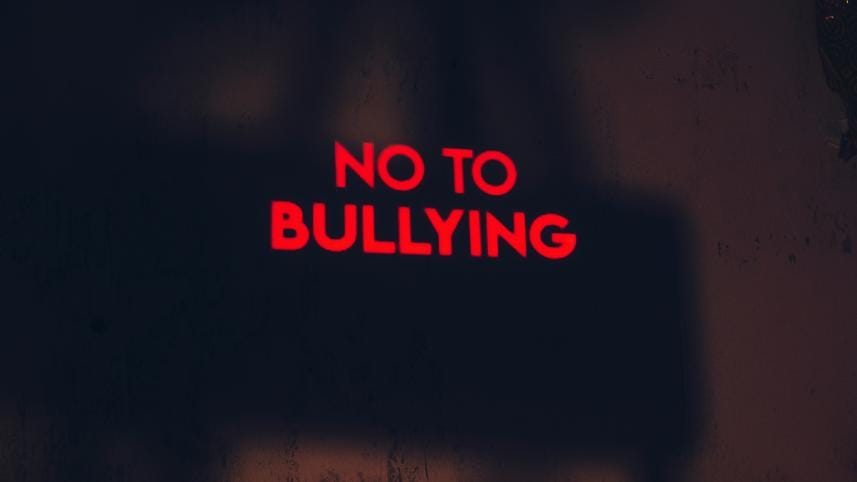5 ways parents can build children’s resilience against bullies

Ever heard of the saying, "We are what happened to us?" Young children are a product of their surroundings. Families, friends, and the outer community all play a role in raising children, making it the proverbial village.
Children imitate what they see. Their behaviour can best be linked to the phrase — Monkey see, monkey do. Over the last few years, instances of bullying have been rising, and most often, as a result of what children see happening in their homes and their immediate surroundings. This is why, it has become all the more important for parents to model, rather than preach, ethical behaviour to their children.
For those who are at the receiving end of this behaviour, things can be a little challenging. Bullying can have serious psychological impacts on children, including feelings of fear, low self-esteem, and anxiety. While older children can generally hold their own, younger ones feel conflicted when standing their ground. On the one hand, parents teach them not to hurt anyone, and on the other, they are expected to defend themselves against their tormentors.

"Mumma, why does my older cousin not play with me? You make me share everything with him!" Such complains are the norm for stay-at-home mother, Mahima Iftekhar. She feels conflicted too, torn between imparting lessons of generosity to her son, while watching him get used shamelessly by his cousin.
Being able to tackle bullies is vital to fostering a safe, respectful, and supportive environment for their emotional and social development. Therefore, empowering children with effective strategies and emotional resilience is essential.
Understanding Bullying and Its Impact
Before attempting to counsel children, it's important that they understand what bullying is. Young children often see bullies as friends and start admiring or trying to please them. It is vital, therefore, that explanations are tailored to their developmental level, stressing that bullying means repeated hurtful behaviour intended to cause intentional harm or discomfort to themselves or others. Recognising that the actions of the bully do not define their worth helps children to separate their self-esteem from the other people's actions.
Building Self-Confidence and Self-Esteem
A child's personality is multi-faceted. Encourage children to identify their strengths, talents, and positive qualities to bolster their self-esteem. Celebrate their small successes to reinforce the idea that they are loved and valued. When children feel good about themselves, they are less likely to feel daunted by bullies.
Teaching Assertiveness Skills
Assertiveness is key in countering bullying. Children should be encouraged to speak up in a firm, clear, and respectful manner. "Assertiveness is a life skill," shares Sara Mehzabeen, student counsellor at a prominent school in Dhaka. "Teach children how to phrase conversations in negative situations positively, and logically. This will ensure that they don't come across as either pushovers or culprits."
Role-playing scenarios can be a good way for children to practice saying "No," maintaining eye contact, and using assertive body language. Parents can easily include these role-plays in their daily list of activities, helping children feel prepared and less anxious about confrontations with bullies.

Equipping Children with Coping Strategies
Standing up to bullies is important, but children must also be made aware of the importance of their own safety. Very young children should be taught alternative coping strategies, such as walking away from the situation, informing or seeking help from a trusted adult, and/or staying with another group of friends.
"Involve them in extracurricular activities," advises Sarah Priscilla Ali, from the same school. "Allow the child to have another set of friends where s/he feels safe and wanted, so they do not feel completely isolated."
Encouraging Open Communication
Parents should create an environment where children feel safe to express their feelings and share incidents of bullying without fear of judgment or blame. Active listening and reassuring children that they are not at fault can significantly reduce their emotional distress, and keep them coming back to you as their safe space in the future. "Have that channel of validation flowing," recommends Sara. "And reinforce this with lots of hugs and affection."



 For all latest news, follow The Daily Star's Google News channel.
For all latest news, follow The Daily Star's Google News channel.
Comments